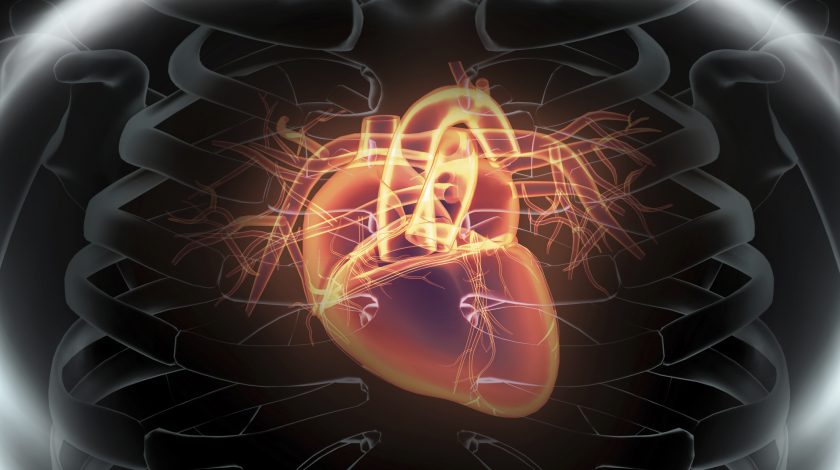Safety of mRNA COVID-19 jabs backed, despite myocarditis cases

As US and EU health regulators review cases of heart inflammation seen in young people administered mRNA-based COVID-19 vaccines from Pfizer/BioNTech and Moderna, cardiologists have come out in favour of the jabs.
The American Heart Association (AHA) and American Stroke Association (ASA) have issued a statement saying that the benefits of the vaccines "enormously outweigh the rare, possible risk of heart-related complications, including inflammation of the heart muscle, or myocarditis."
This month, the EU's Pharmacovigilance Risk Assessment Committee (PRAC) and Centers for Disease Control and Prevention (CDC) have both started investigating a possible link between COVID-19 vaccination and myocarditis.
The CDC said it had identified "several dozen" cases of myocarditis in adolescents and young adults, which seem to appear more often in males rather than females.
They have also been seen more frequently after the second dose rather than the first dose of either the Pfizer/BioNTech or Moderna vaccines, and typically present within four days of vaccination, according to the agency's COVID-19 Vaccine Safety Technical Work Group (VaST).
So far, it has concluded that the rate of myocarditis in vaccinated individuals is no higher than expected, and no direct link to the jabs has been found, but has recommended further monitoring of cases.
The AHA and ASA pointed out that myocarditis is generally the result of a viral infection, so could be entirely unrelated to the mRNA vaccines, particularly as neither of them contain any live virus.
Tens of thousands of cases of myocarditis and a related condition called pericarditis – inflammation of the membrane around the heart – are diagnosed in the US every year, and many resolve on their own or with treatment.
"We strongly urge all adults and children ages 12 and older in the US to receive a COVID vaccine as soon as they can receive it," said the AHA and ASA in their joint statement.
"The evidence continues to indicate that the…vaccines are nearly 100% effective at preventing death and hospitalisation due to COVID-19 infection," they continued. "We remain confident that the benefits of vaccination far exceed the very small, rare risks."
The EU's investigation has focused mainly on the Pfizer/BioNTech shot as the Moderna rollout remains limited in Europe, and more details could be available after the next PRAC meeting due to be held on 7-10 June. Israel meanwhile has also recorded some cases and has its own probe running.
The US vaccination programme is in high gear, with around half of Americans having received at least one dose of a COVID-19 shot with 283 million doses delivered at last count. However, there are stark regional differences – with New England states far outstripping those in the south, for example – and vaccine hesitancy is an issue in some including North Carolina.













